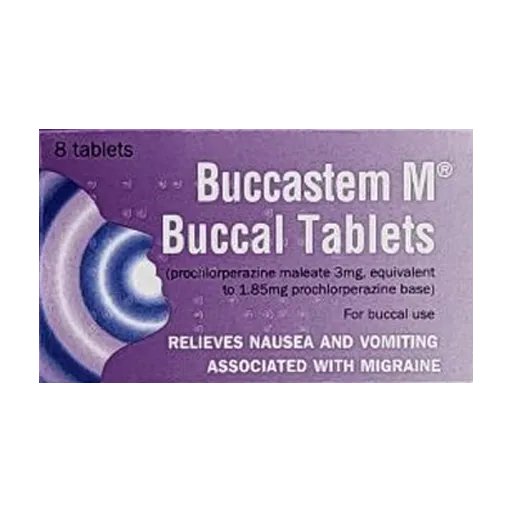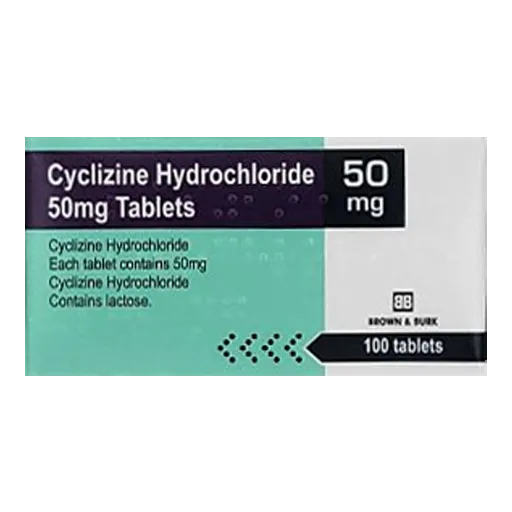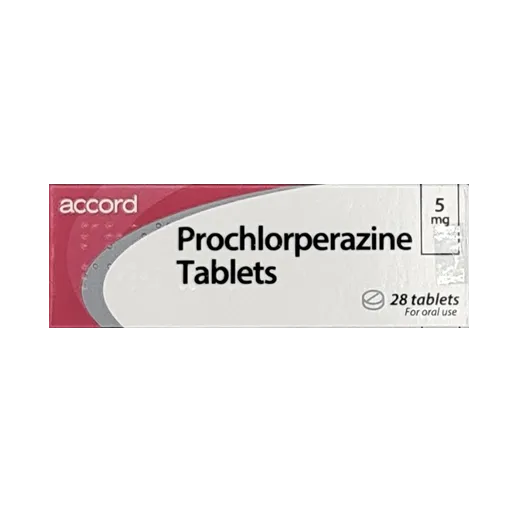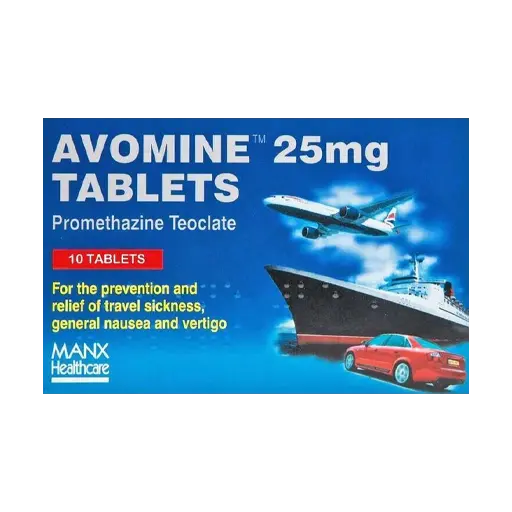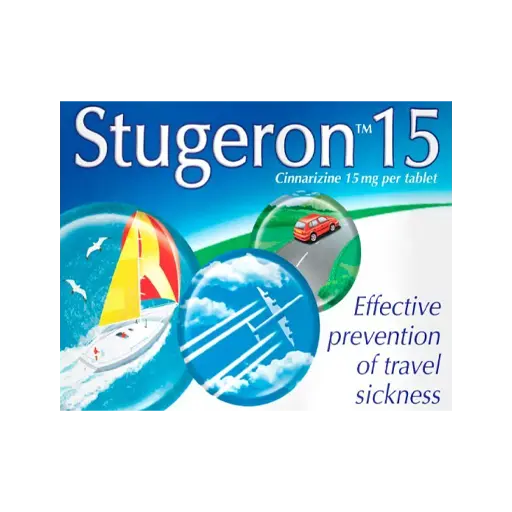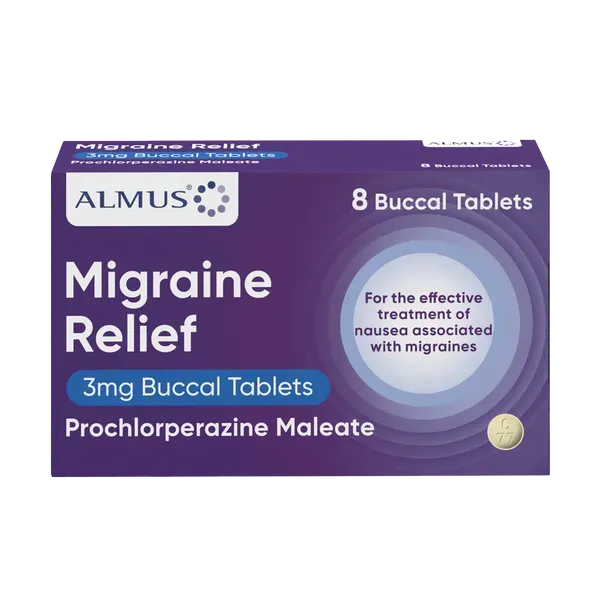nausea consultation
Please fill in the questionnaire below. Any information provided will be kept confidential and will only be seen by a prescriber. These questions are designed to give our prescriber enough information to make a decision on whether the treatment is suitable, please fill them in truthfully.
nausea
Nausea is the feeling of needing to vomit without vomiting, it is very common with most people experiencing it at least once in their life. Usually it will go away on its own and can be helped by eating bland foods and drinking plenty of water. It can be caused by another condition such as vertigo, pregnancy, food poisoning or medication. If it lasts longer than a few days, treatments are available to help with symptoms.
-
P
-
P
-
POM
-
P
-
P
-
P
Nausea and vomiting
Nausea is the feeling that you want to be sick and vomiting is being sick. They are common symptoms of various illnesses, medical treatments, and medications. Common causes include vertigo, travelling and pregnancy.
Nausea and vomiting treatments
There are several treatments available to alleviate these symptoms such as anti-histamines e.g. Cyclizine, phenothiazines e.g. Prochlorperazine and other medicines like Pepto-Bismol. Certain lifestyle changes can also help to reduce the feeling of nausea.
How nausea and vomiting treatments work
Different nausea and sickness treatments work in different ways. For example, treatments for motion sickness, such as antihistamines e.g. Cyclizine, work by blocking the signals from the inner ear that are responsible for motion sickness. Other treatments such as Pepto-Bismol has a double-action effect it coats the lining of the stomach and intestines, which can help to reduce irritation and inflammation in the digestive tract and alleviate nausea as well as neutralize stomach acid and reduce the production of excess stomach acid, which can be a common cause of nausea. Other treatments, such as antiemetic medications, work by blocking the signals from the brain that trigger nausea and vomiting.
Who are nausea and vomiting treatments suitable for?
Nausea and vomiting treatments are suitable for mostly anyone who experiences these symptoms. However, it is important to try to identify the underlying cause of the symptoms so you can take the most appropriate treatment. Some treatments may not be suitable for those with certain conditions such as glaucoma, high blood pressure or epilepsy and they may also interact with other medication, so it is important you let a healthcare professional of any conditions or medicines you take before starting any new treatments.
Nausea treatment side effects
Nausea treatments tend to have few side effects, however as with any medication there is a possibility of side effects. Common side effects include drowsiness, constipation, and dry mouth.
Other help with nausea
To help with nausea or vomiting alongside any treatment you are taking you can:
- Make sure you get plenty of fresh air
- Take regular sips of a cold drink
- Drink peppermint tea
- Eat foods or drink, drinks containing giner
- Eat smaller meals
- Eat slower
- Eat light, bland foods (such as saltine crackers or plain bread).
You should avoid:
- Cooking strong-smelling food
- Greasy or fried food
- Eating quickly
- Large meals
- Lieing down after eating
- Clothes that are tight against your waist or stomach
If you are vomiting:
- Make sure you are hydrated
- Avoiding solid food until the vomiting episode has passed
- Rest as much as possible
If your vomiting lasts longer than 24 hours, you may need oral rehydation sachets. Keep an eye out for any signs of dehydration such as:
- Dry lips and mouth
- Rapid breathing or pulse
- Sunken eyes
